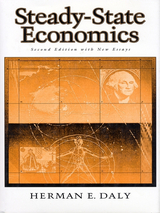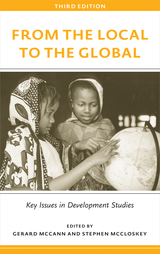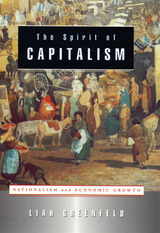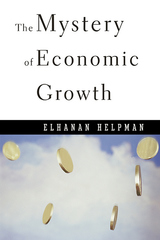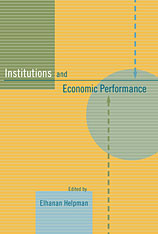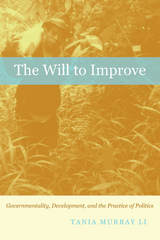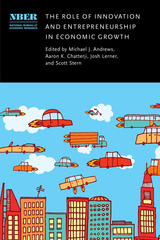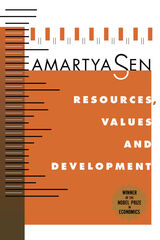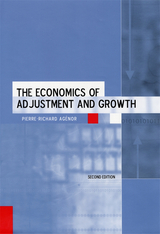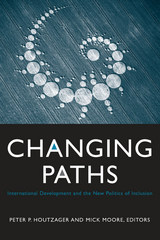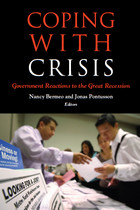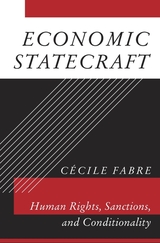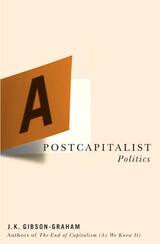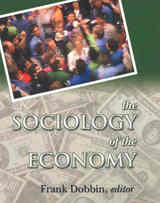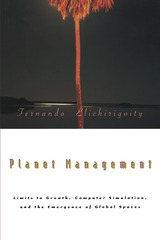Cloth: 978-0-674-74579-7
Library of Congress Classification HD82.L4153 1985
Dewey Decimal Classification 305.8
Is economic equality necessary for social peace? Why do the strong oppress and impoverish the weak? How are developing nations overcoming the legacy of colonialism? These are a few of the many thought-provoking concerns addressed in this book. The first in a new series—The W. E. B. Du Bois Lectures—it tackles a wide range of topics dealing with the economics of racial conflict in important areas of the world. Race is often introduced as a key factor, whether it is or not, in such highly controversial subjects as colonialism, federalism, dual labor markets, affirmative action, multinational corporations, the international economic order, and of course discrimination itself. W. Arthur Lewis discerns the ways in which race and economics affect individuals and groups, bringing a personal viewpoint to the problems faced by both less-developed and more-developed countries.
How many black vice-presidents should a major North American corporation employ? Do East Indians and Canadians demonstrate more aptitude for business than West Indians? Does affirmative action work in education or business? Though he boldly confronts grave national and international problems, Lewis does so with wisdom, equanimity, optimism, even a touch of humor. His individualistic and commonsensical thoughts and opinions may not please or satisfy everyone, but they cannot fail to intrigue and invite discussion.
See other books on: Economic aspects | Economic development | International economic relations | Race relations | Racial Conflict
See other titles from Harvard University Press


